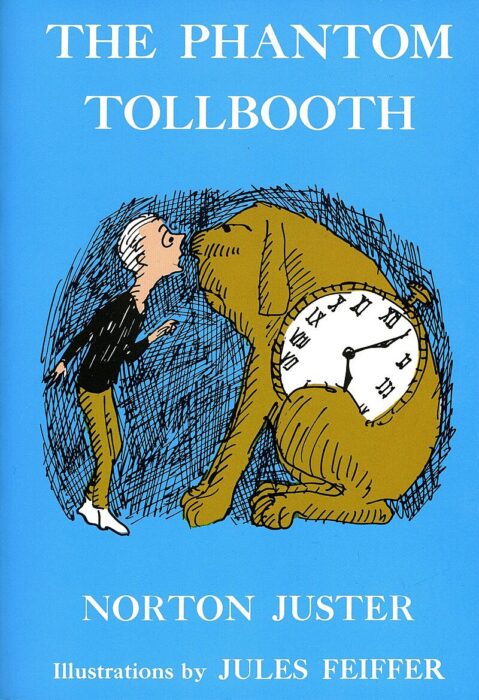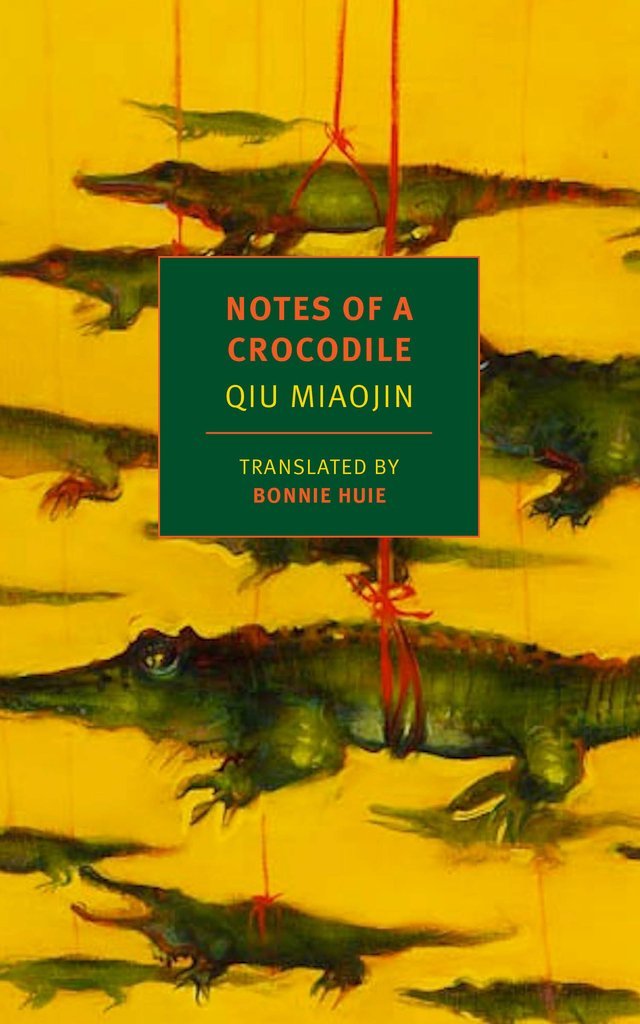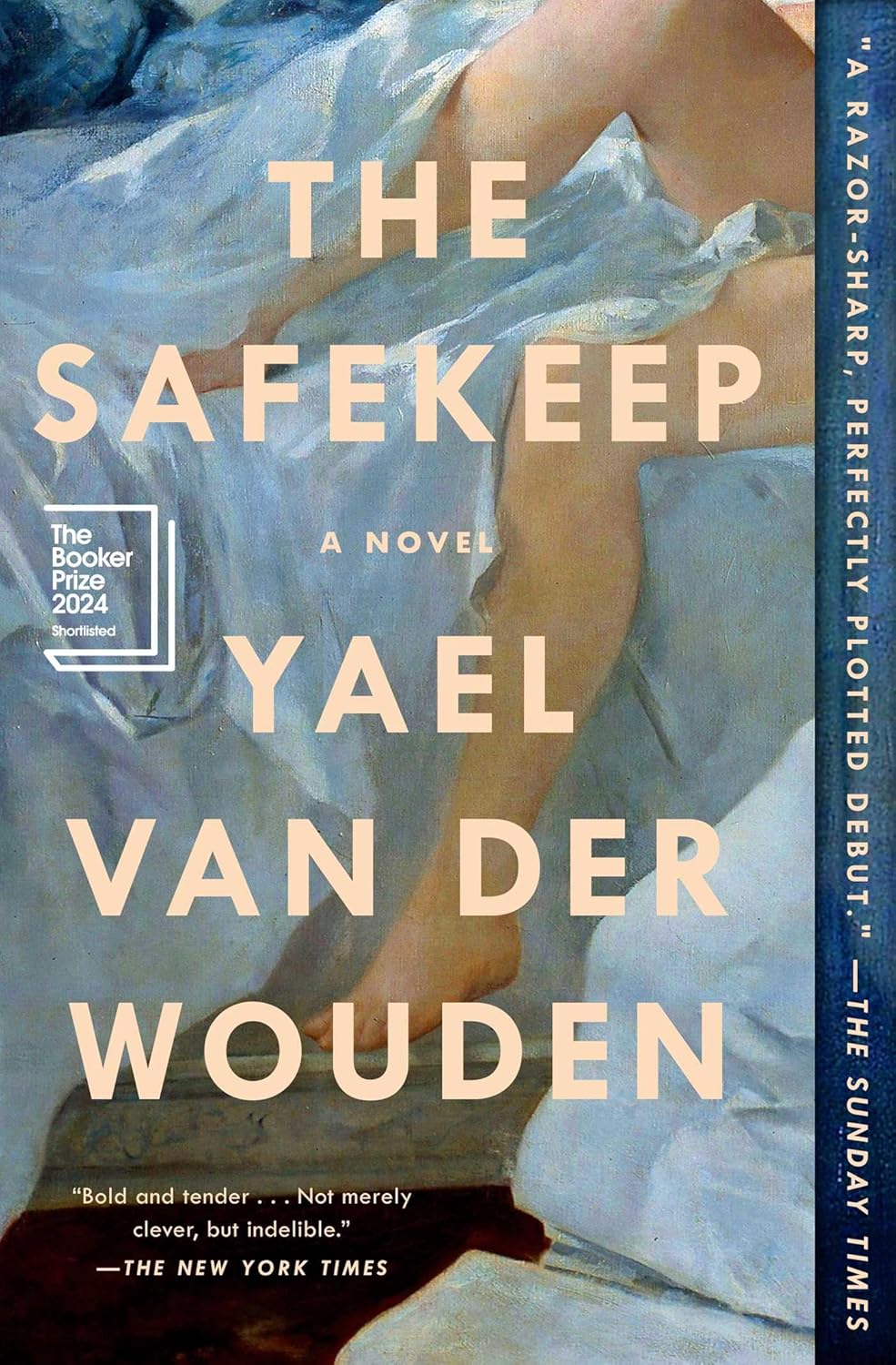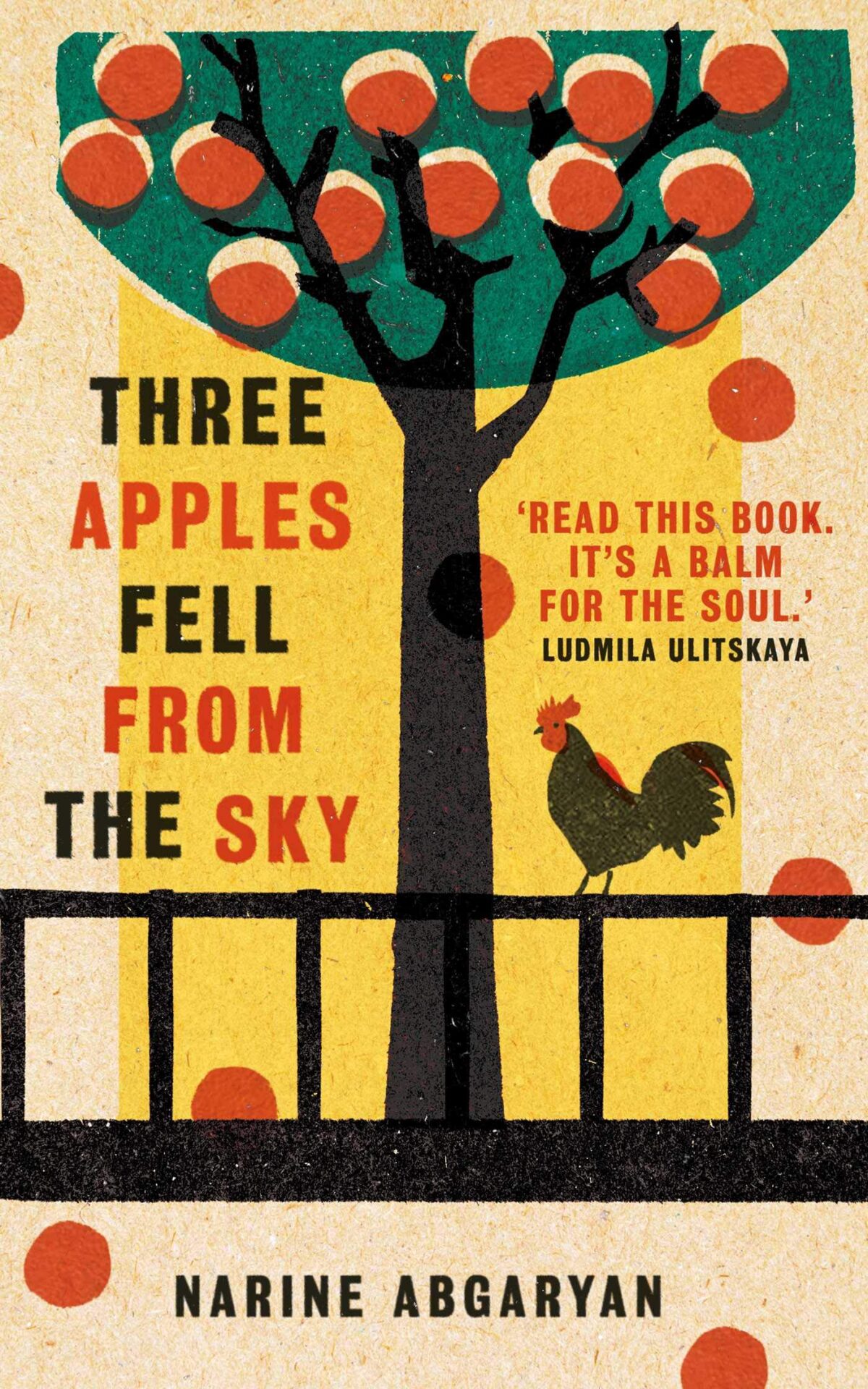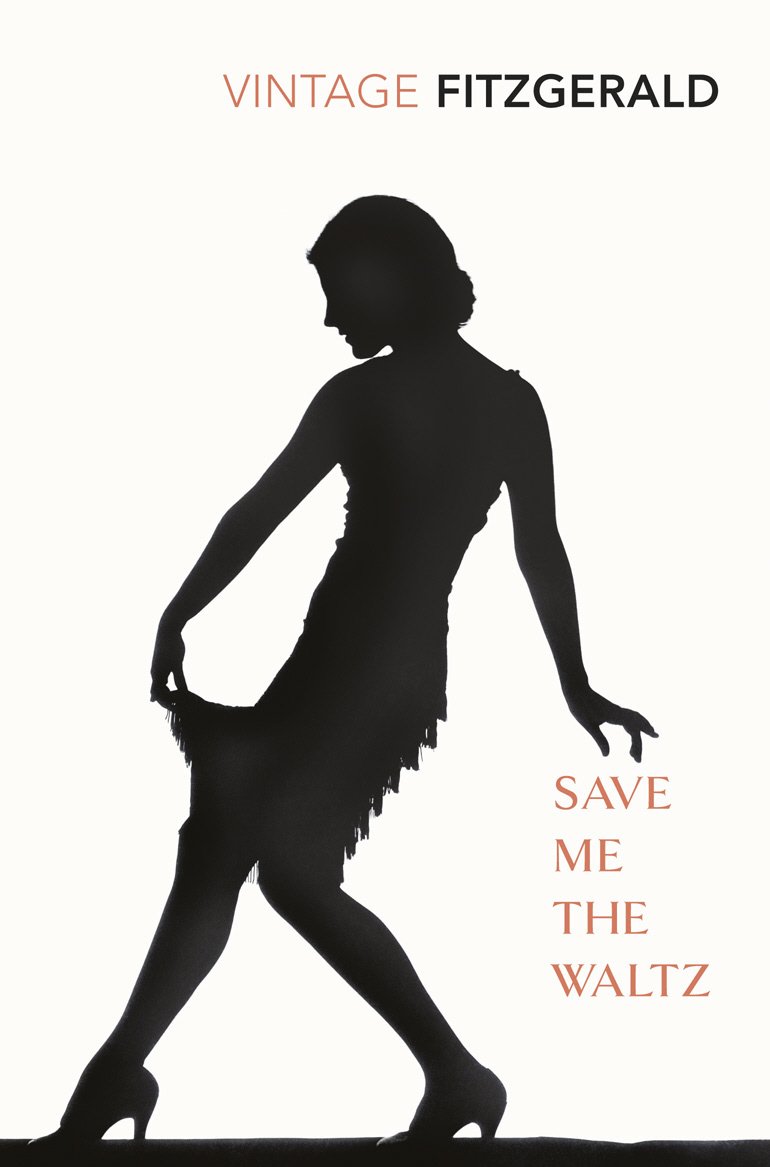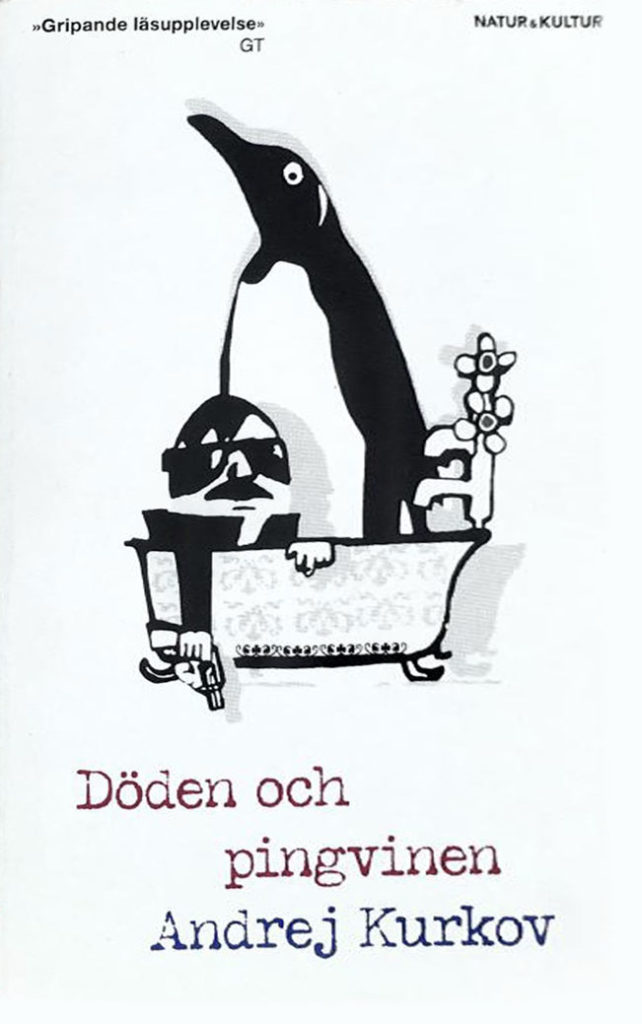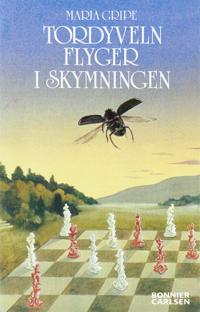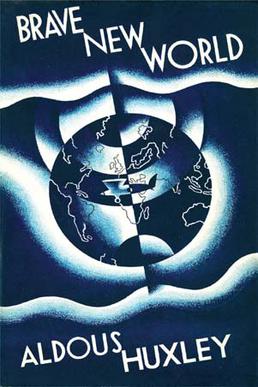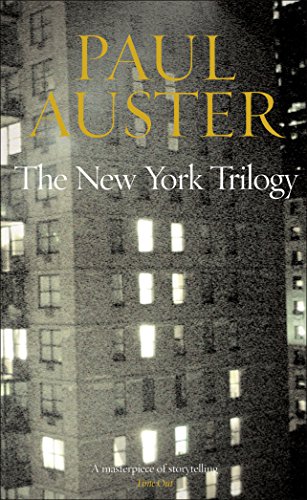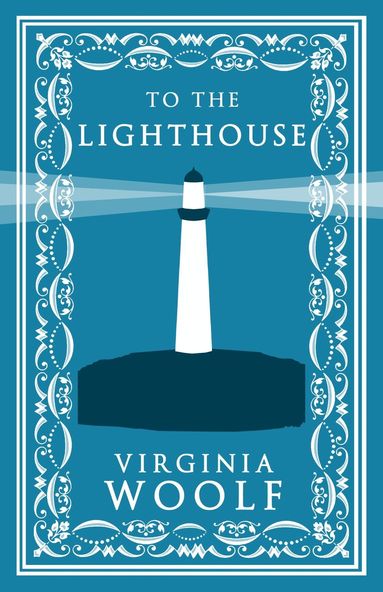I once heard someone describe the experience of relocating to another country as “having a childhood that is now totally irrelevant.” The flip side of that coin is that you’re constantly playing catch-up with the childhood that most of the people around you share. Maria Gripe was part of that cultural catch-up for me. I’d never heard of her before I moved here, but weirdly enough no one mentioned her either. I only added her to my TBR list after a profile of her in a past issue of Historiskan, and when I brought home Tordyveln flyger i skymningen (“The Dor Beetle Flies at Dusk”) my partner was pleasantly surprised.
“I loved that one as a kid!”
Not enough to mention it to me, I guess?
Other books by Maria Gripe have come out in English but, as far as I can tell, this one hasn’t. Neither has the radio drama, and the new miniseries from SVT only has Swedish subtitles. Once again, I’m writing a book report in English about a book that’s not available to English readers.
One summer, three children in a fictional Småland village—siblings Annika and Jonas, and their friend David—discover a hidden cache of letters at the abandoned Selanderska house. With that a two-hundred-year-old history is uncovered that includes ancient Egyptian statues, curses, Carl Linneaus, unhappy love affairs, and psychic plants. There are discoveries and disappointments along the way, but in the end they come to a quiet but satisfying conclusion.
All of that would have been my jam as a tween, so it was a fantastic bit of escapism for me, a throwback to favorites like The Dark is Rising and From the Mixed-Up Files of Mrs. Basil E. Frankweiler. The only hiccup for me was the writing style: Gripe favors short, slightly choppy sentences with a profusion of exclamation marks, to the point where Child Me might have felt a bit condescended to. I felt the same way about books for children that didn’t use contractions, for example.
On a more positive note, much of the story is advanced through conversations and dialogue, and while that can get tiresome when poorly handled, in this instance it works. Tordyveln was originally conceived as a radio drama, after all, so that structure makes perfect sense. As an adult, and reading in a foreign language, I was also particularly interested in seeing how Swedish has changed over time. This wasn’t limited to specific words or slang, which of course cropped up—norms of etiquette were also different. Our protagonists soon enlist the help of the village priest*, and they always refer to him in the third person when speaking directly to him (“Vill farbror ha….?”). I don’t think that would be the case today, and I was a bit surprised to see it in something as recent as this.
And even if the language sometimes felt a bit oversimplified to me, an adult reading this middle grade fantasy novel, Gripe (and her co-creator, Kay Pollak) didn’t shy away from asking their readers to reflect on some pretty heady material. The book opens right away with a meditation on coincidences and chance and destiny; then, as more about Emilie and Andreas’s love story unfolds, Annika and David dig into surprisingly nuanced thoughts about feminism and gender roles in the 1700s. In a summary like this, I realize that sounds like it would come off as a bit precocious and moralizing, but in the story their commentary sounds like any conversation I could have had with a friend when I was sixteen. These are not the insufferable teenagers of a John Green novel.
Cute, cozy, but not at all cloying. A nice bit of new nostalgia for me.
Postscript: I pressganged my sambo into watching the new SVT miniseries with me. Later we found a statement from Gripe about how she was worried that a TV adaptation would strip the story of all of its more thoughtful, philosophical elements. Turns out she was right. I’ll close with a quote from Pastor Lindroth near the end of the book that will sit in my head for a long time:
Och när jag nu tänker närmare på saken här, så tycker jag nog att ingen kan ta på sitt ansvar att döma sin egen tid. Det kallar jag högmod…Vi måste allt lita på vår egen tid även om det kan vara svårt ibland, annars sviker vi…
Vi måste allt lita på vår egen tid även om det kan vara svårt ibland, annars sviker vi…
*Maybe pastor? I’m not sure which is the right title for clergy in the Swedish church.

